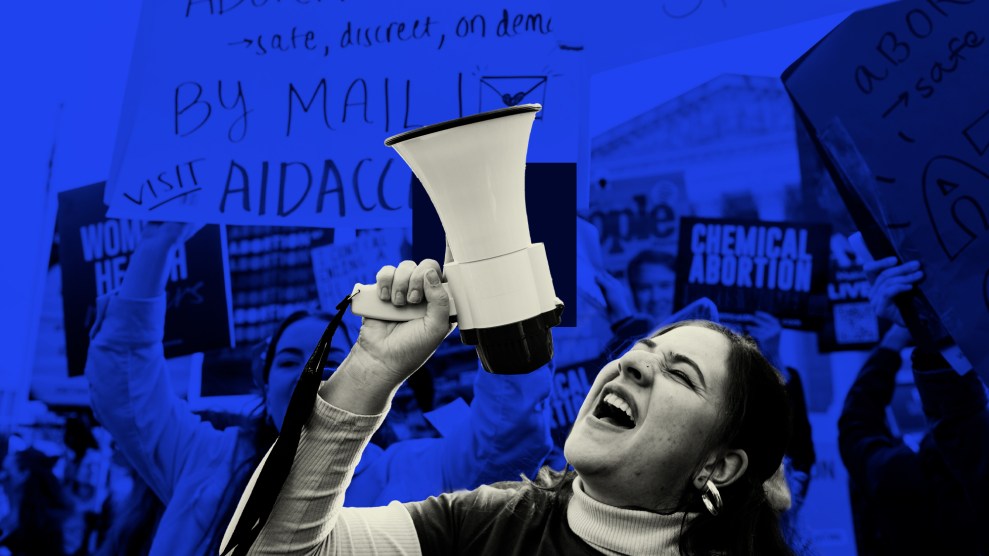 After listening to me natter on endlessly about the new Basel III capital requirements, I suppose you’ve all been waiting on the edge of your seats to see what the final agreement would be. Well, it arrived today. Here’s the nickel summary:
After listening to me natter on endlessly about the new Basel III capital requirements, I suppose you’ve all been waiting on the edge of your seats to see what the final agreement would be. Well, it arrived today. Here’s the nickel summary:
- The most important part of the agreement covers “core” Tier 1 equity. For all practical purposes, you can think of this as real capital that can’t be monkeyed around with too much by clever accountants — in other words, it mostly means cash and government bonds that are firmly held by the bank. The old standard was 2%. The new standard is 7% (4.5% plus a 2.5% “conservation buffer”). In addition, during times of credit expansion, it goes up to 9.5%, and “systemically important” banks (i.e., really big banks) are expected to have even more. So figure that big banks will be required to carry core capital of about 11% or so when the economy is strong. That’s a 5x increase over the old requirement.
- Likewise, ordinary Tier 1 capital requirements will also increase. When you add everything up, the requirement for big banks during economic booms goes up from 4% to about 12%.
- The whole thing will be phased in between 2013 and 2018.
I think you could make a good argument for even higher requirements than this, but this isn’t bad. The new emphasis on core equity is welcome, as is the requirement for higher capital cushions in good times. This latter is something that can probably be gamed a bit depending on how lenient national regulators are, but it’s a good idea anyway. The whole idea of minimum capital requirements is that it’s something you should build up in good times in recognition of the fact that you’re going to burn through some of it in bad times. As long as regulators don’t define “bad times” too softly, it’s a good idea.
The BIS press release also announced that a new liquidity coverage ratio and a revised net stable funding ratio will move toward minimum standards in 2018, but it didn’t provide any details about exactly what the new standards would be.
Tim Geithner has said all along that he thought stronger capital requirements were the most important part of financial reform, and hopefully that means he’ll be aggressive about pushing U.S. regulators to adopt the new standards. The United States never did adopt the Basel II standards, though it did independently adopt some of Basel II’s worst aspects, including the ones that allowed banks to count some forms of contingent capital as Tier 1 capital. That turned out not to be quite as safe as everyone thought, which is why the Basel III emphasis on core equity is so important. Now it’s implementation time.

















